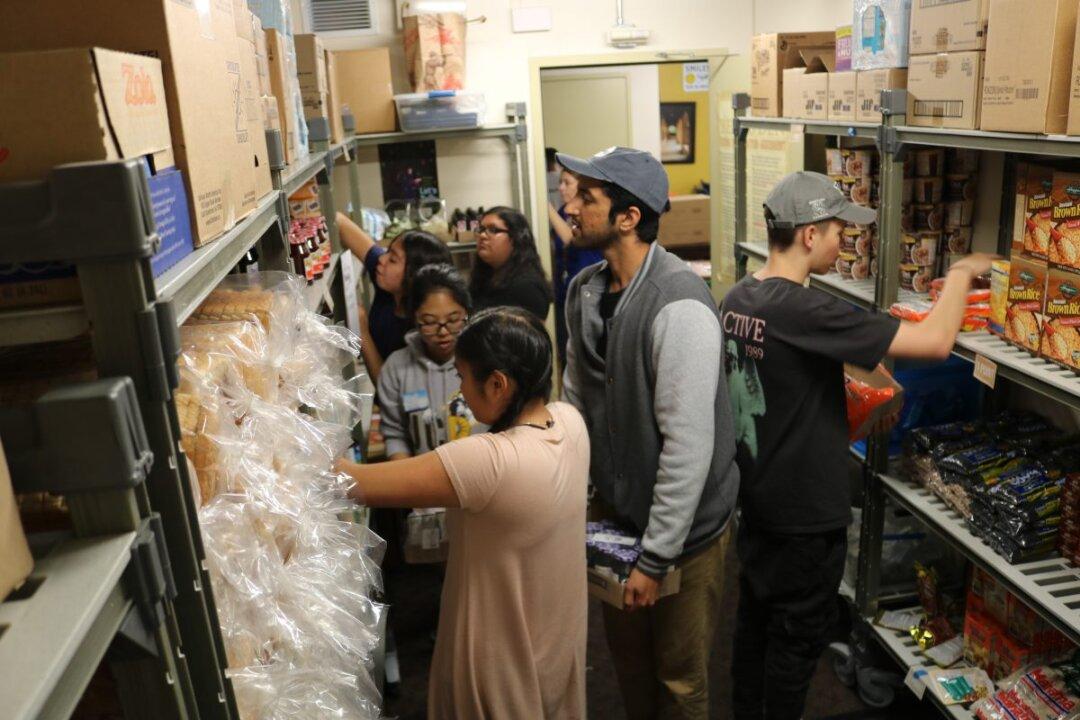Eating ramen noodles and fast food is often thought of as a rite of passage for a lot of college students who are on a budget. However, many students struggle with food insecurity, meaning they can’t afford or don’t have access to a nutritious diet. After discovering that students often skipped a meal or didn’t know where their next meal was coming from at the University of California-Riverside, the administration and students were determined to tackle the issue.
The R'Pantry, the campus food pantry, and the Swipe Out Hunger student organization have joined forces, and embarked on a project called the Student Kitchen to combat food insecurity. After a 2015 study on food insecurity in UC schools was published, UC Riverside did their own study and found that 62 percent reported being food insecure compared with the system-wide average of 42. The campus became motivated to address this problem.






